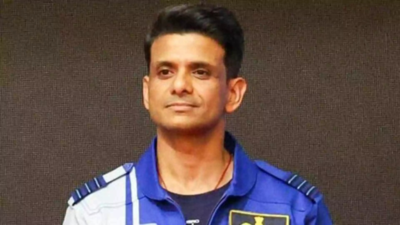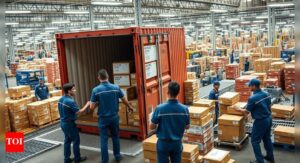
Indian astronaut Group Captain Sudhanshu Shukla is preparing for a groundbreaking journey to the International Space Station (ISS) on May 29, 2025, as part of the Axiom Mission-4, a collaboration between NASA, ISRO, and the European Space Agency (ESA). Among his key tasks is conducting pioneering experiments to sprout and grow green gram (moong) and fenugreek (methi) seeds in the unique microgravity environment of space. This research aims to unlock sustainable food solutions for astronauts on long-duration missions, marking a significant step toward India-centric space agriculture and advancing life-support systems for future space exploration.
Growing superfoods beyond earth
Sudhanshu Shukla will lead experiments focused on cultivating moong and methi seeds aboard the ISS. These seeds, essential staples in Indian cuisine, were selected for their nutritional and medicinal properties. The study will observe how these plants germinate and grow without gravity’s influence, testing whether the microgravity environment affects their development and nutrient content.
The science behind the sprouts
The experiment doesn’t stop at sprouting seeds in space. Once the samples return to Earth, researchers will analyze multiple generations of the plants to study changes in genetics, microbial interactions, and nutritional profiles. This comprehensive approach seeks to identify traits that could improve crop resilience and productivity both in space and on Earth.
Why this matters for space exploration
Growing fresh food in space could be a game-changer for astronauts on extended missions where resupplying supplies from Earth is difficult and costly. ISRO’s effort to test familiar, nutrient-rich crops like moong and methi represents a vital step toward sustainable life-support systems, aligning with the upcoming Gaganyaan mission and the vision for an Indian space station.
International collaboration and future prospects
The Axiom-4 mission is a testament to global teamwork, featuring astronauts from India, the USA, Hungary, and Poland. This project highlights India’s growing role in space science and its commitment to advancing sustainable technologies for space travel. If successful, Shukla’s experiments could pave the way for growing more superfoods beyond Earth, contributing to global knowledge of space agriculture.












